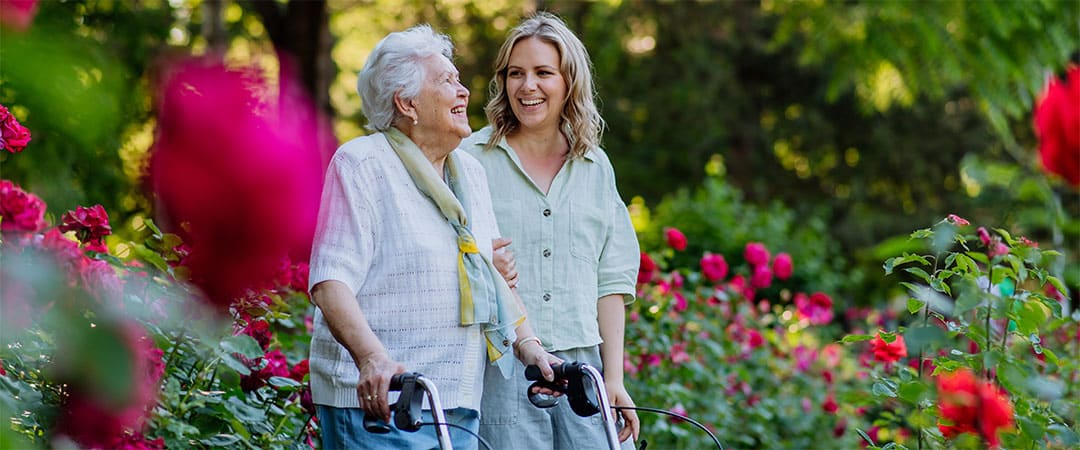When a loved one’s health needs become too complex for home care, families often face the difficult decision to seek professional help. Skilled nursing facilities provide 24-hour medical attention, rehabilitation, and daily assistance—but their support extends far beyond the resident. These communities also play a vital role in helping families and caregivers find relief, guidance, and confidence during a challenging time.
Relieving Caregiver Stress
Family caregivers often devote countless hours to helping with bathing, dressing, medication management, and transportation. While this dedication is an act of love, it can also lead to exhaustion, stress, and declining health for the caregiver. Skilled nursing facilities provide around-the-clock clinical care, allowing families to step back from demanding routines without stepping away from their loved one’s life.
Professional nursing teams ensure that residents receive consistent monitoring, therapy, and assistance. Families can shift their focus from daily caregiving tasks to meaningful visits and emotional connection. Knowing that trained staff are available day and night offers peace of mind that home care alone may not provide.
Professional Communication and Updates
Good communication builds trust between families and care teams. Skilled nursing facilities maintain regular contact with residents’ loved ones, sharing updates on health status, therapy progress, and any changes in treatment plans. Many facilities schedule formal care plan meetings where nurses, therapists, and social workers explain goals and invite family input.
This steady flow of information means families never have to wonder how their loved one is doing. Whether through phone calls, emails, or in-person meetings, open communication helps relatives feel included and reassured.
Education and Training for Families
Support continues beyond the walls of a skilled nursing community. Staff members often teach families how to help with mobility, medication schedules, or wound care—skills that may be needed if a resident transitions home. Learning these techniques builds confidence and ensures a smoother adjustment for both resident and caregiver.
Some facilities provide printed guides or one-on-one instruction so that families feel comfortable assisting with exercises or using adaptive equipment. These practical lessons prepare loved ones to continue care safely and effectively.
Emotional Support and Community Resources
Caring for someone with chronic illness or recovering from a hospital stay can be emotionally draining. Skilled nursing facilities typically have social services teams who connect families with counseling services, local support groups, and mental health resources.
These programs reduce feelings of isolation and help caregivers navigate the emotional side of long-term care. Having access to professionals who understand the stress of caregiving can make a profound difference for families adjusting to a new routine.
Creating Quality Time Together
When daily caregiving responsibilities are handled by professionals, families can focus on enjoying time together. Skilled nursing environments offer comfortable lounges, dining areas, and landscaped outdoor spaces where visits can be relaxed and meaningful.
Instead of rushing to complete tasks like meal preparation or medication checks, families can share a favorite activity, celebrate milestones, or simply talk. These moments strengthen relationships and allow everyone to remember that their bond is built on love, not just responsibility.
Planning for the Future
Skilled nursing facilities also assist families in planning for next steps. Social workers help with insurance questions, coordinate discharge plans when a resident returns home, and provide referrals for community resources if additional services are needed. This proactive guidance helps families feel supported at every stage of the care journey.
By partnering with healthcare providers and offering clear plans, skilled nursing teams ensure that families have the information they need to make thoughtful decisions about ongoing care.
Strengthening Families Through Skilled Nursing
Choosing skilled nursing for a loved one is never easy, but it can create a healthier balance for everyone involved. With 24-hour medical care, expert therapy, and compassionate staff, these facilities give families the confidence that their loved one is receiving high-quality attention.
Equally important, skilled nursing offers families relief from the constant demands of caregiving, time to focus on relationships, and access to resources that promote emotional well-being. By working together, families and skilled nursing teams create an environment where residents can thrive and caregivers can regain peace of mind.

